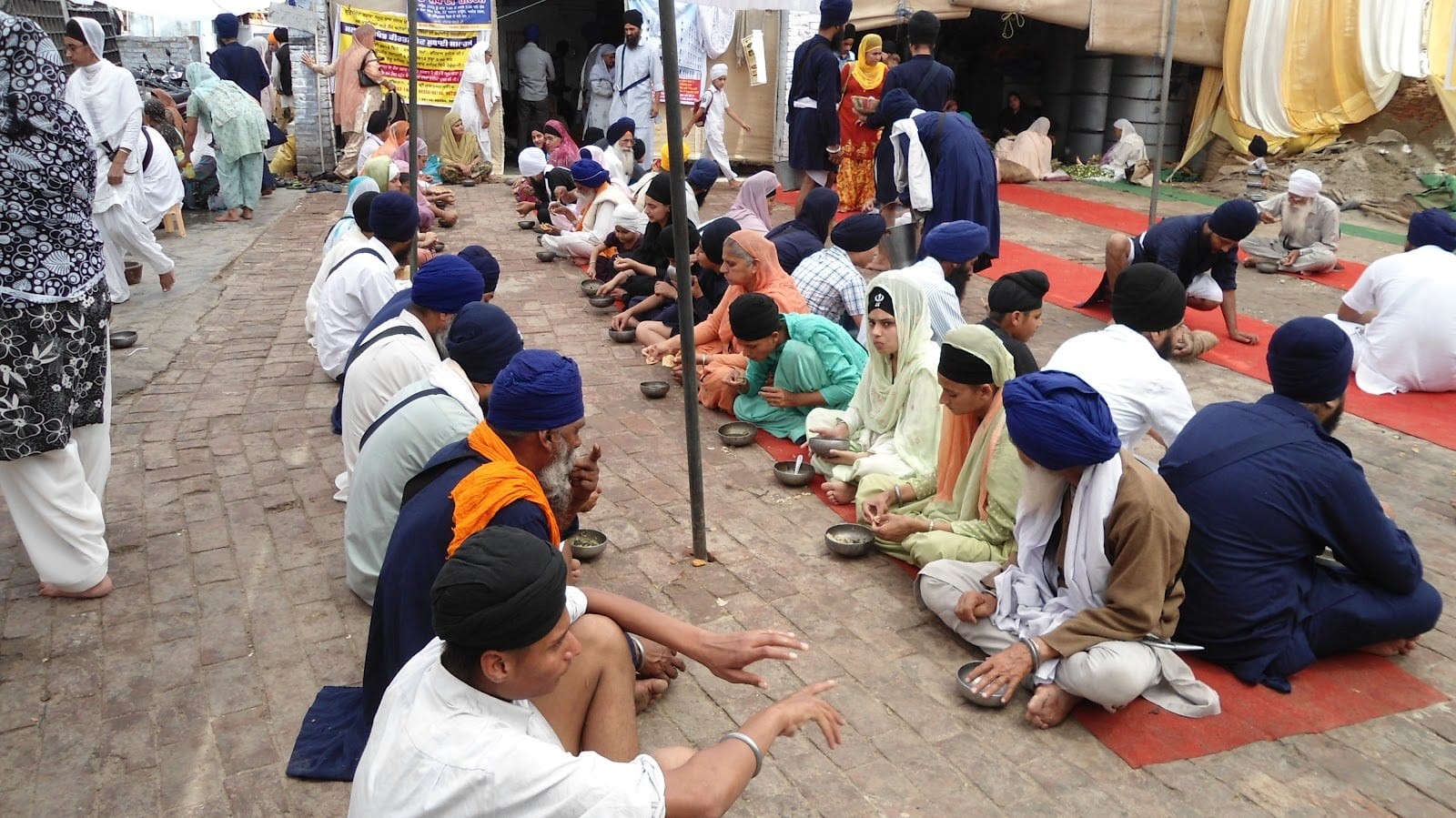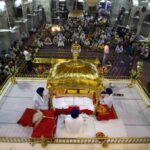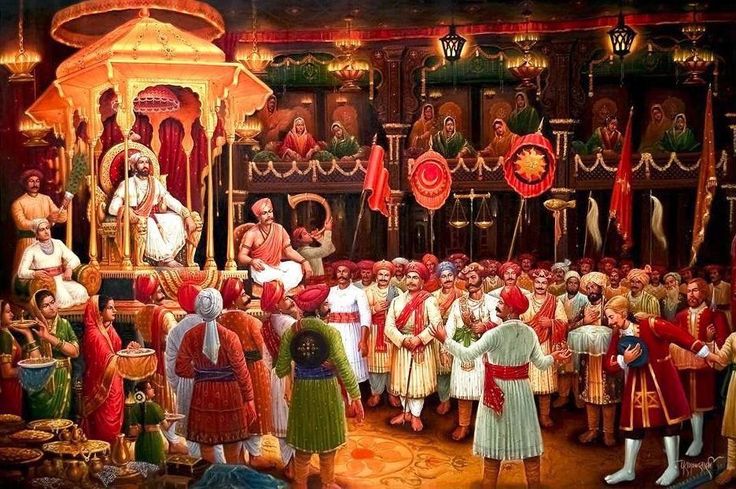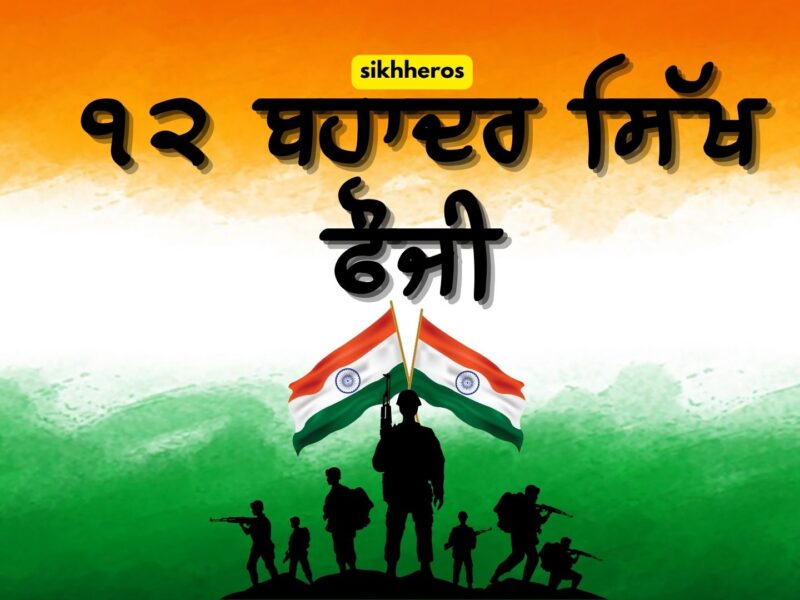Individuals can choose to consume meat or refrain from it, according to Sikhism’s worldview. If a Sikh eats meat or is vegan, they are not considered small or mainly Sikh.
An amritdhari Sikh, as per the Akal Takht, could only consume Jhatka meat, which is killed quickly so that the animal does not experience agony, instead of Halal or Kosher meat, which causes the animals to die slowly and painfully. “The fools debate about flesh and meat, yet they know nothing at all about meditation and spiritual insight,” Guru Nanak says. A vegetarian diet alone would not get you to Heaven; instead, it is Guru Nanak’s spiritual understanding that will. “When the One God resides in everything, why do you murder the bird?” said Bhagat Kabir, who was highly passionate about this topic. When he was addressing his Hindu and Islamic disciples, Guru Nanak agreed that it wouldn’t matter all that much in terms of being rescued in the end. Jhatka meat is meat from animals that have been slaughtered fast and without pain or religious rite.
Guru Nanak, as intelligent as he was, pointed out that plant, like flesh, was mistreated, and that it, too, is alive and breathing. He penned, “Take a look at how the sugar cane is harvested. Its feet are linked together into bundles after its branches are chopped away, and it is then squashed between wooden rollers. What a torment it is subjected to! Its juice is taken and thrown in the cauldron, where it groans and cries out as it is heated. The smashed cane is then gathered and burned in the fire below. People, come observe how the lovely sugar cane is managed! Nanak:” By mentioning this, he was also expressing his desire for animal welfare in some way by mentioning sugarcane. Humans are also animals, which is why all of the gurus advocated for human equality and oneness.
Plants and animals do not vary in any way. All things, all living organisms, have been fashioned by God in his magnificence to eat what they eat. We eat meat because it is part of God’s natural course of events. Man has been consuming meat and vegetables for long periods, and it is not by chance that God created humans to consume meat. Tobacco, narcotics, and alcohol are the three things that Sikhs are not allowed to use. There is a life in all living things. They’re all the same in terms of stuff, and they’re all the same in terms of light. All various and diverse things contain the One Light.
Both sides of the debates – on the merits of veganism or meat consumption – were explicitly rejected by Guru Nanak in his teachings as commonplace and nonsensical, and he did not embrace the notion that a cow was so much more sacred than a horse or a chicken. He also denied getting debate about the distinctions between flesh and vegetables, for example. Nanak prepared meat at a major Hindu celebration in Kurukshetra to convey this message, according to legend. He did not throw it out after cooking it, but instead presented it to his people and ate it himself. Guru Hargobind and Guru Gobind Singh were accomplished and ardent hunters, according to history. Throwing away the game, which had been cooked and put to good use, would’ve been a terrible waste.
Meat is neither advocated nor prohibited by the Gurus. They left it up to individuals to decide. The Adi Granth has verses that are anti-meat. Moreover, Guru Gobind Singh forbade the Khalsa from eating Halal or Kutha meat cooked in a Muslim ritualistic manner.
Meat is not provided during langar in Gurdwaras since langar is believed to be a symbol of humanity’s equality, wherein people of all races, religions, and castes can dine together in a spirit of camaraderie. It makes no difference if they are Hindus, Sikhs, or Muslims. Dietary restrictions vary according to religion. Hindus abstain from eating cows, while Muslims abstain from eating pork and would only eat halal meat. Others are unable to consume fish or eggs because Jews would only eat kosher meat. However, regardless of what their eating taboos or religious views are, the meal in gurdwara langar is arranged so that everyone can eat simultaneously and no one should be humiliated or unable to partake in the meal.








